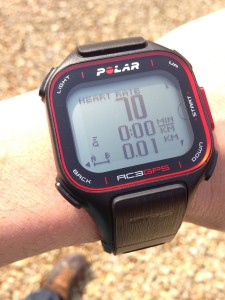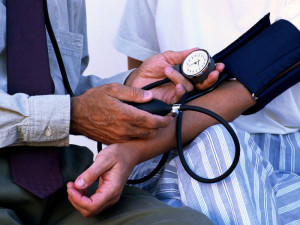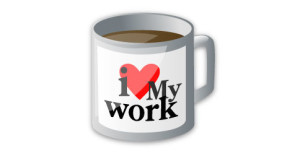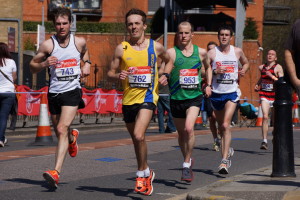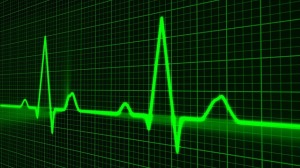In his excellent article on the debate regarding cardiac screening for athletes, Peter Vigneron remarks:
“Advanced cardiac screening can reduce the likelihood of sudden cardiac arrest, the most common cause of death among athletes. So why is it so controversial?”
We wonder as much!
The key to the controversy has to do with what perspective one adopts.
If one looks at the issue from a public health or population perspective, recommending mass screening for every athlete is logistically daunting, and potential problems (such as false positives and false negative test results) are likely to occur. There is also an important socioeconomic dimension to the recommendation: who would pay for this?
 On the other hand, if an individual athlete wishes to reduce his or her own risk of sudden cardiac arrest, there is no question that comprehensive, individualized testing is feasible and can avoid or greatly reduce the pitfalls of false positives and false negatives, because multiple tests are applied at once. When performed by competent staff and interpreted by an experienced physician, these tests are extremely helpful to detect or exclude any underlying cardiovascular problem.
On the other hand, if an individual athlete wishes to reduce his or her own risk of sudden cardiac arrest, there is no question that comprehensive, individualized testing is feasible and can avoid or greatly reduce the pitfalls of false positives and false negatives, because multiple tests are applied at once. When performed by competent staff and interpreted by an experienced physician, these tests are extremely helpful to detect or exclude any underlying cardiovascular problem.
Furthermore, the cost of comprehensive screening does not have to be as onerous as Vigneron states. He warns that an echocardiogram (ultrasound study of the heart) can cost up to $2000. We provide the entire battery of tests for a fraction of that amount!Read more

